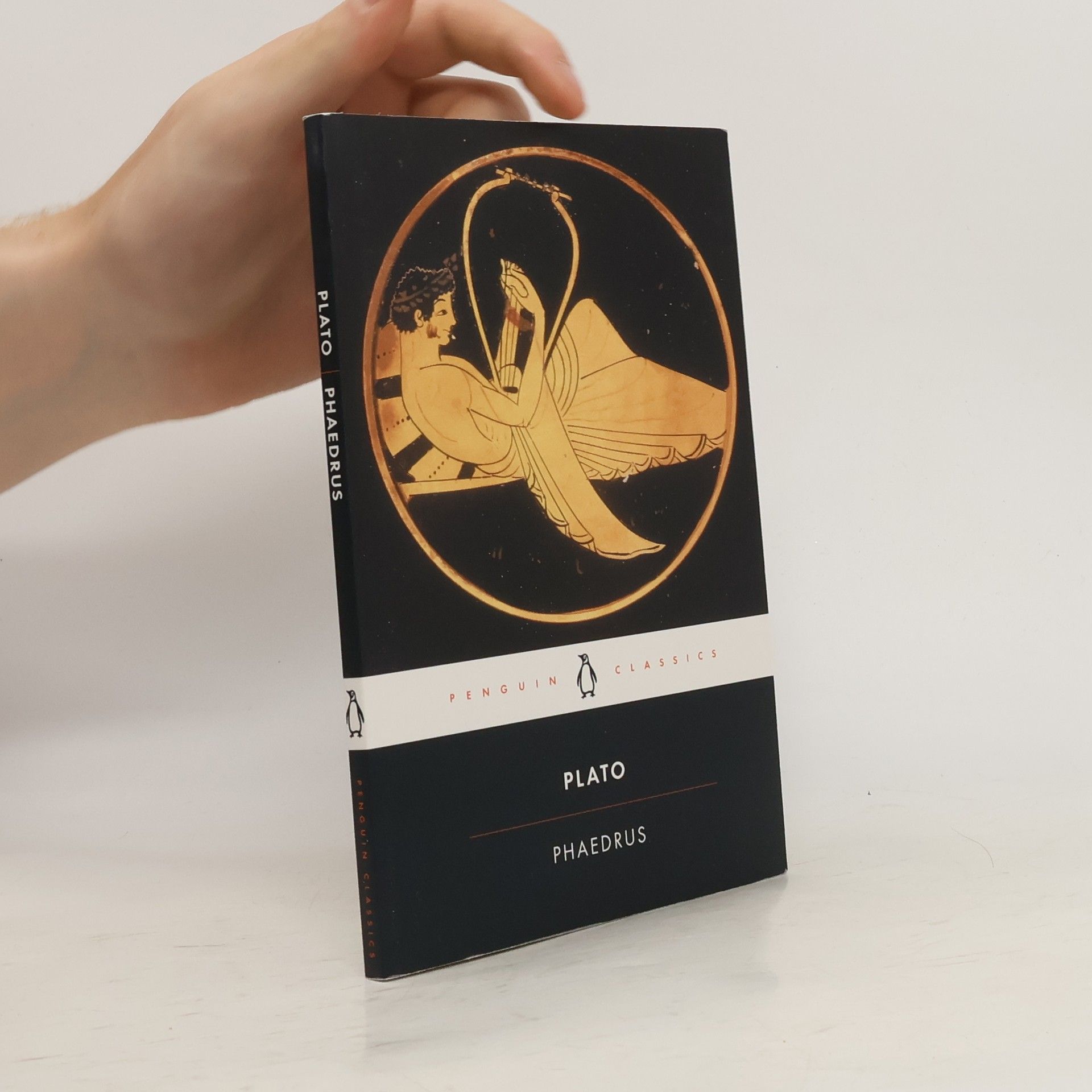Sofisté
- 200 stránok
- 7 hodin čítania
Sofisté zůstávají v běžném pojetí padouchy a podfukáři dějin filosofie, politováníhodnou úchylkou, na niž Sókratés a Platón reagovali vytyčením cesty pravého myšlení. Navíc se jejich úvahy zpravidla dochovaly jen ve stručných zlomcích nebo v parafrázích myšlenkových rivalů s Platónem na prvním místě. Mauro Bonazzi ukazuje, že při zachování všech zásad pečlivé filologické analýzy lze odhalit pozoruhodnou a dodnes inspirativní roli myslitelů řazených k sofistickému hnutí jakožto pragmatiků, realistů a obhájců antropocentrické perspektivy, jež je pro následný vývoj filosofie bytostně určující.


